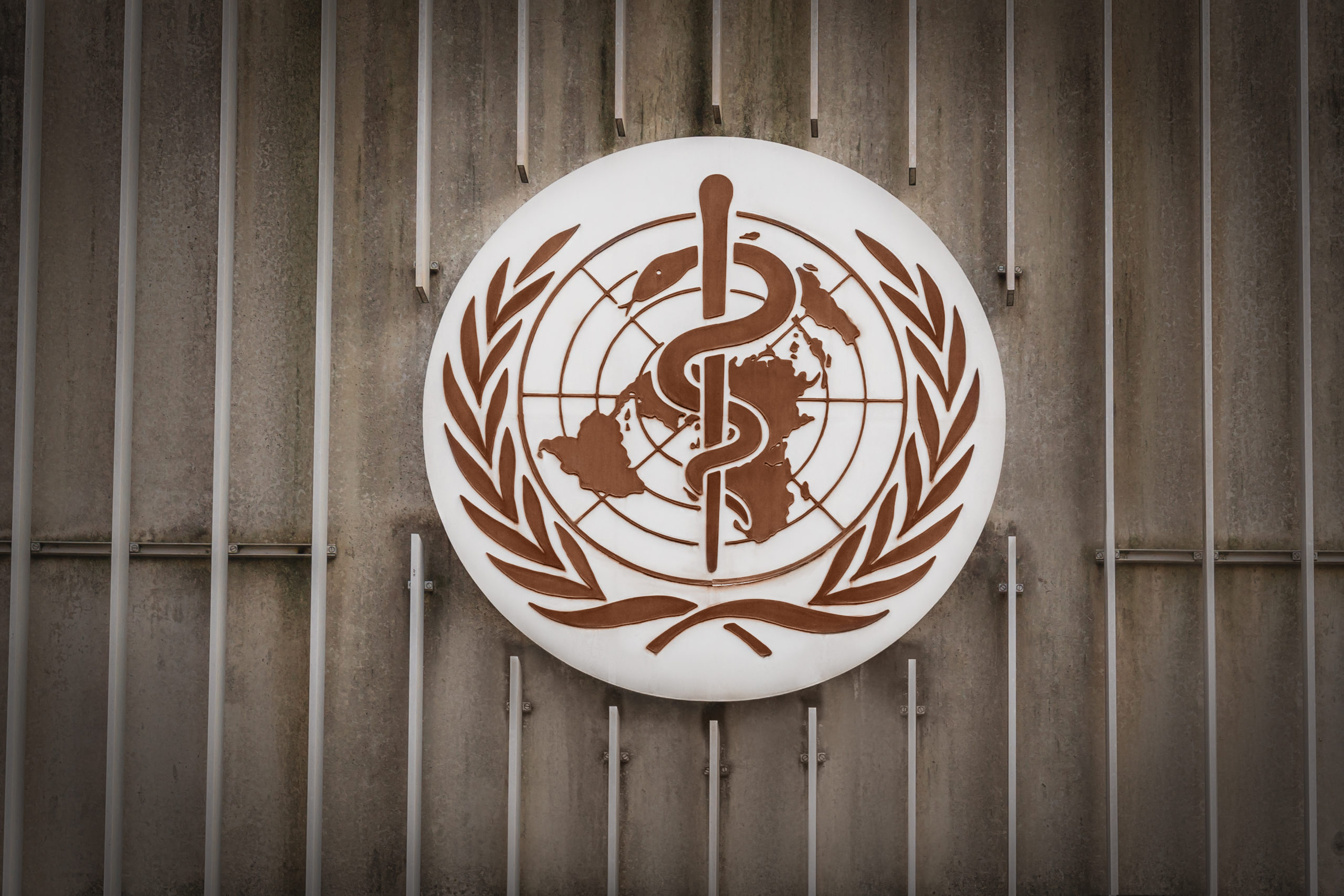The COVID-19 Pandemic, the Failure of the Binary PHEIC Declaration System, and the Need for Reform
The various proposals all have the goal of encouraging early reporting of, and response to, potentially serious disease outbreaks.

The various proposals all have the goal of encouraging early reporting of, and response to, potentially serious disease outbreaks.

The COVID-19 pandemic has (yet again) disclosed that the notion of borders resembles a distinct emanation of legal fiction.

The COVID-19 pandemic has blatantly exposed the flaws of the World Health Organization and its International Health Regulations.

We argue that the human right to participation should extend to permanent seats and votes for civil society and affected communities on governance boards.

The prism of the “shared responsibility model” provides an opportunity to consider potential global health governance models for emergency actions.

Tackling the question of how to address the needs for sharing scientific research is fundamental to any pandemic treaty discussion.

Only a legally enforceable framework can ensure that solidarity is matched with reciprocity that is in the global public interest.

Either through hard or soft law, there is a strong case to be made in favor of designing positive “rewarding” mechanisms to encourage cooperation.

The use of fair, reasonable and non-discriminatory (“FRAND”) terms in the licensing of intellectual property rights could foster cooperation in pandemics.

A pandemic instrument should enhance roles for and communication between regional and global governmental bodies and especially non-governmental actors.
